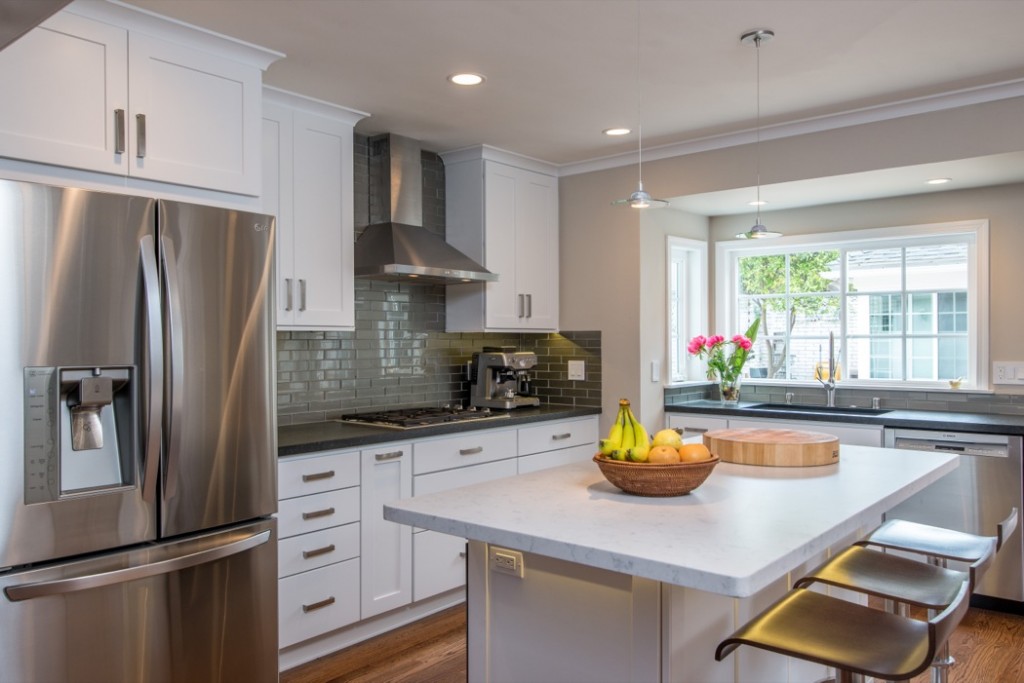-
Lot Size18,296 sqft
-
Home Size2,733 sqft
-
Beds4 Beds
-
Baths3 Baths
-
Year Built2003
-
Days on Market3
Seller’s Guide to Kitchen Remodeling on a Budget
- Real Estate Tips
- Coldwell banker Encinitas, encinitas real estate, Encinitas real estate agent, kitchen remodel, Linda Moore, real estate agent in encinitas, real estate tips, San Diego real estate, selling home, tips for home sellers
- November 5, 2015

Finding the right contractor
It’s important to choose a general contractor who comes highly recommended, is professional, and above all is someone you can trust. The best way to handle payment is to pay no more than 30 percent up front, in order to cover startup materials—you and your contractor can work out a schedule of payments based on the completion of the job. And don’t forget to specify every detail of the project before it’s even started—be specific about what kind of countertop material, hardware, or flooring you want to avoid over-paying for unnecessarily high-end choices.
Repair or replace?
Cabinets: Although new cabinets often comprise at least half of a kitchen remodel budget, it may be a more cost-effective choice to sand down the faces, paint or stain, and replace all hardware. However, if the cabinets are no longer in good shape or even falling apart, your best bet is to completely replace them.
Appliances: The refrigerator is the most noticeable and helpful appliance to upgrade when you’re putting your home on the market. The general rule of thumb is that if it’s not working, you need to replace it. If you do choose to replace, make sure that the new appliance matches the ones you plan on leaving as-is.
Lighting: Because light fixtures are usually the least expensive items to replace, it may be best to do so, especially if the fixtures you have are outdated. Try to choose fixtures with LED bulbs for energy efficiency and dimmer switches.
Countertops: There are more affordable countertop laminates available than ever, many of which can appear high-end. Consider replacing your countertops if they show wear-and-tear, but don’t assume you’ll have to splurge on high-quality granite or soapstone.
Avoid:
Making it a personal DIY project: Unless you are actually a general contractor, leave this job to a qualified professional. Kitchen remodeling is time-consuming, often complicated, and too expensive to risk making a beginner’s mistake on.
Going overboard with upgrades: There’s a difference between improving your kitchen so that it will appeal to buyers, and transforming it into the most technologically-advanced kitchen in the neighborhood. For example, a brand-new conventional stove can be purchased under $800 that does the job and will satisfy most—there’s no need to buy the flashiest model of induction range, which could run you $3,000 and up.
Neglecting the details: Although high-quality countertops and appliances are often the first thing a buyer will notice during an initial walk-through, you’ll want to make sure that the job is done right. You may have chosen beautiful cabinet faces, but if the sides or hardware are made with weaker materials, there’s no telling how long it might take for them to become crooked.





